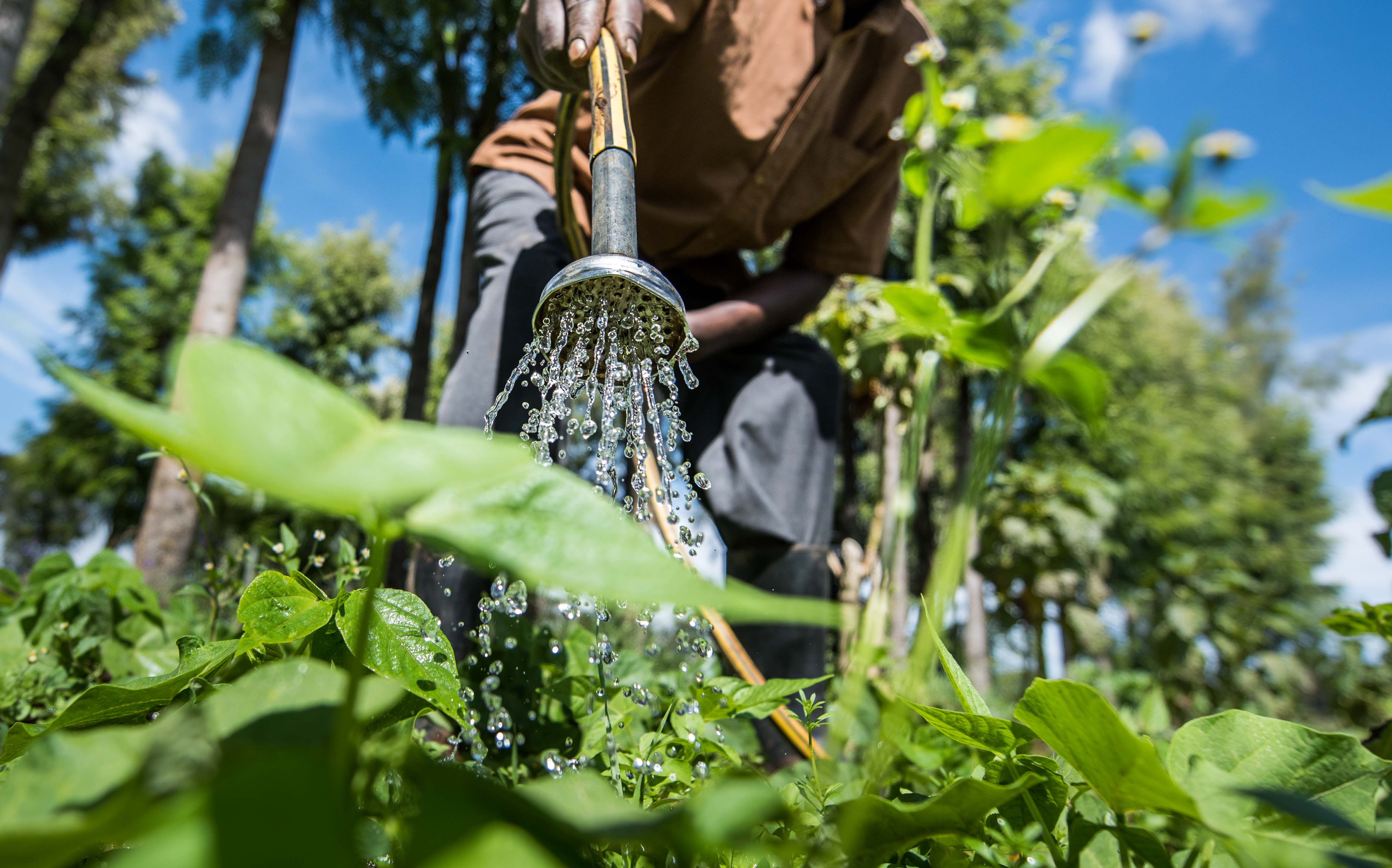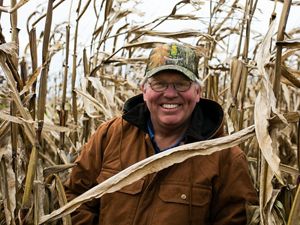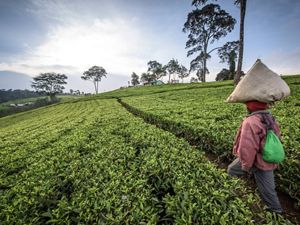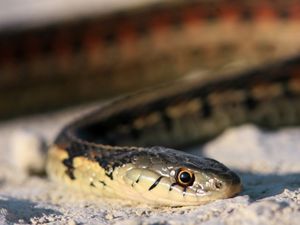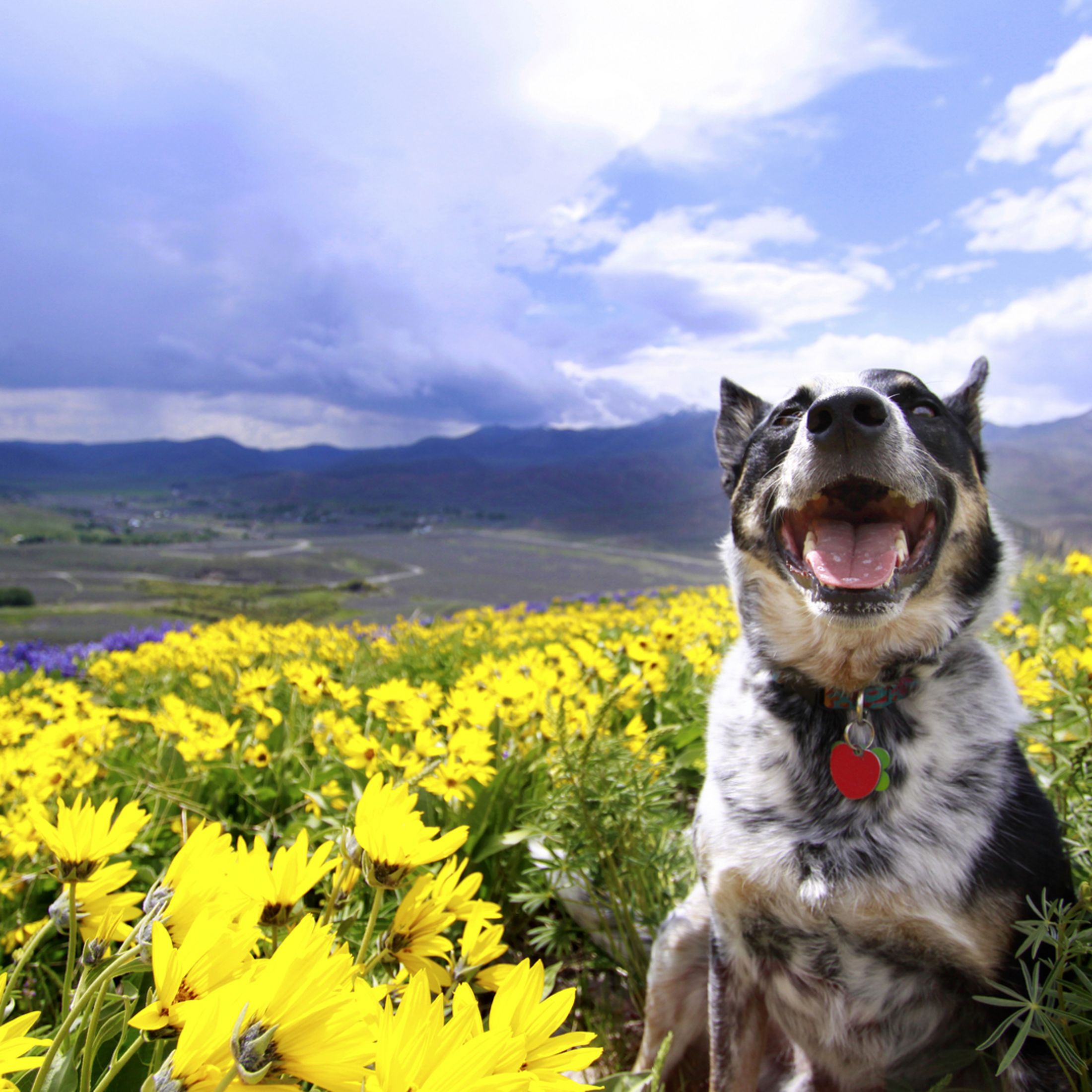
Partnering with Purina Beyond Pet Food
TNC and Purina Beyond Pet Food are helping to protect nature and provide food, together.
Today, the way we produce food is the number one threat to nature, damaging our lands and water, biodiversity, climate and productivity in our farms, fields and fisheries. This amounts to trillions of dollars in lost benefits from nature—such as clean water and climate mitigation—that affects both people and their pets.
Working Together to Improve Our Food Systems
The Nature Conservancy is working hard to develop sustainable and regenerative food systems that will heal the planet and feed the world. Together with Purina Beyond, we are helping to educate all people on ways we can produce food that doesn’t just avoid harm to the environment, but actively restores nature and reverses previous damage.

By the end of 2024, Purina Beyond will have donated $750,000 to TNC to help advance our conservation efforts, encouraging audiences to learn more about promoting sustainable food production, and ensuring we’re able to feed many generations to come.
You Can Help Us Protect Our Food Systems
We're partnering with Purina to make it easy to take action and work towards more sustainable food systems.
- From April 15, 2024 – June 30, 2024 Purina Beyond and Amazon will each donate $1 ($2 total) to TNC for every hour of select video content streamed on Amazon Prime Video, up to $100,000.
- From April 15, 2024 – August 31, 2024 Purina Beyond will give $0.50 from each purchase of specially marked Beyond Dry Cat Food sold at select retailers nationwide to TNC, up to $100,000.
